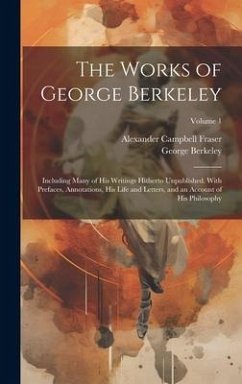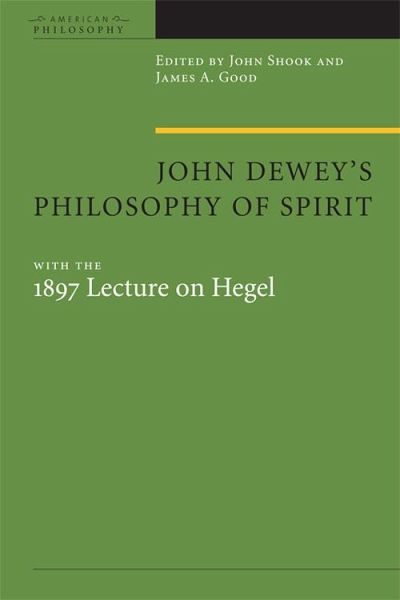
John Dewey's Philosophy of Spirit, with the 1897 Lecture on Hegel
Versandkostenfrei!
Versandfertig in 1-2 Wochen
87,99 €
inkl. MwSt.

PAYBACK Punkte
44 °P sammeln!
The question of how far Dewey's thought is indebted to Hegel has long been a conundrum for philosophers. This book shows that, far from repudiating Hegel, Dewey's entire pragmatic philosophy is premised on a "philosophy of spirit" inspired by Hegel's project. Two essays by Shook and Good defending this radical viewpoint are joined by the definitive text of Dewey's 1897 Lecture at the University of Chicago on Hegel's "Philosophy of Spirit." Previously cited by scholars only from the archival manuscript, this edited Lecture is now available to fully expose the basic concern shared by Hegel and D...
The question of how far Dewey's thought is indebted to Hegel has long been a conundrum for philosophers. This book shows that, far from repudiating Hegel, Dewey's entire pragmatic philosophy is premised on a "philosophy of spirit" inspired by Hegel's project. Two essays by Shook and Good defending this radical viewpoint are joined by the definitive text of Dewey's 1897 Lecture at the University of Chicago on Hegel's "Philosophy of Spirit." Previously cited by scholars only from the archival manuscript, this edited Lecture is now available to fully expose the basic concern shared by Hegel and Dewey for the full and free development of the individual in the social context. Dewey's and Hegel's philosophies are at the center of modern philosophy's hopes for advancing human freedom.



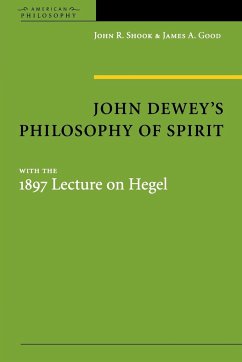
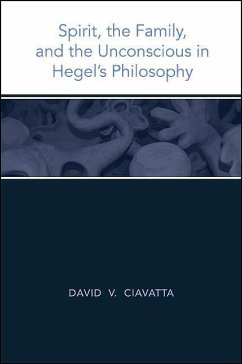
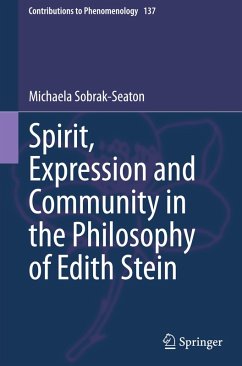
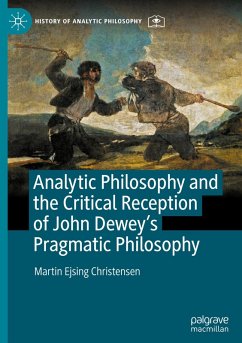
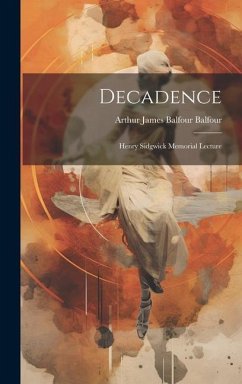
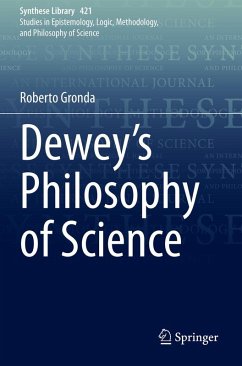
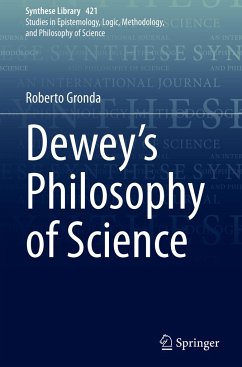

![The Works Of Lord Bacon, Moral And Historical, With A Brief Memoir Of The Author [by S.o. Beeton] Cover The Works Of Lord Bacon, Moral And Historical, With A Brief Memoir Of The Author [by S.o. Beeton]](https://bilder.buecher.de/produkte/67/67048/67048117n.jpg)
